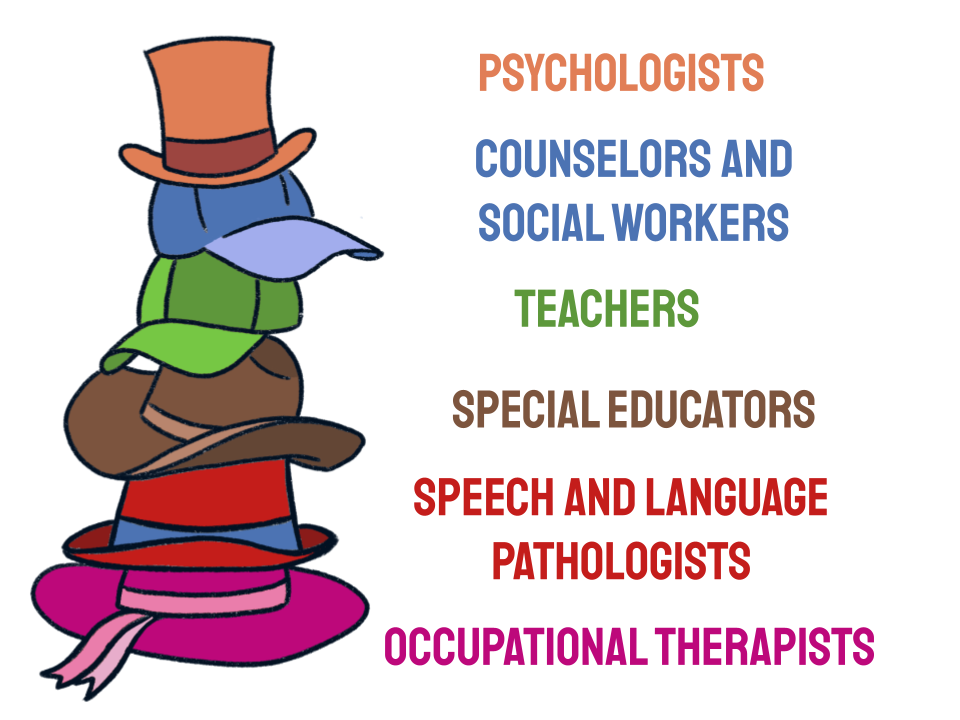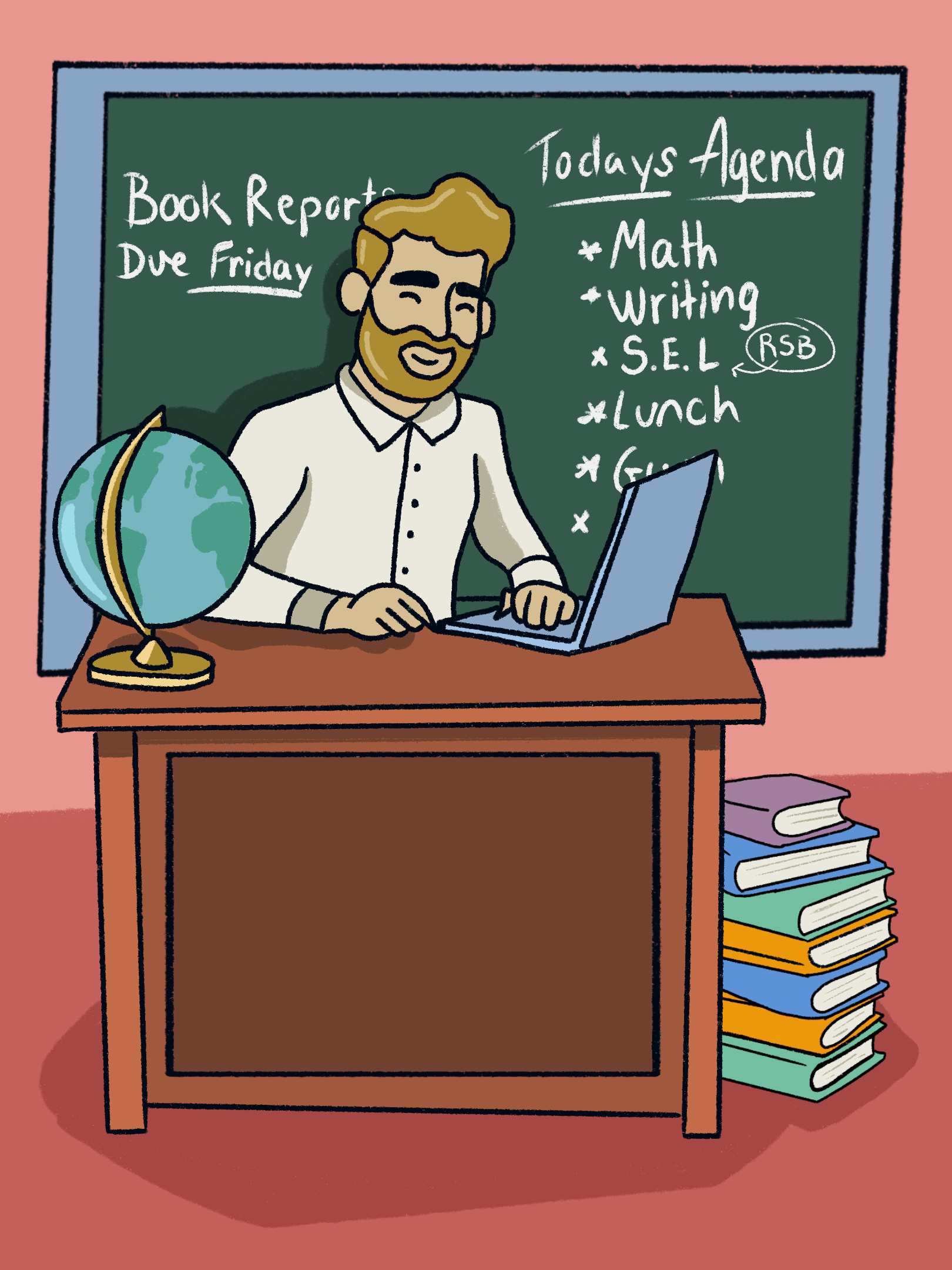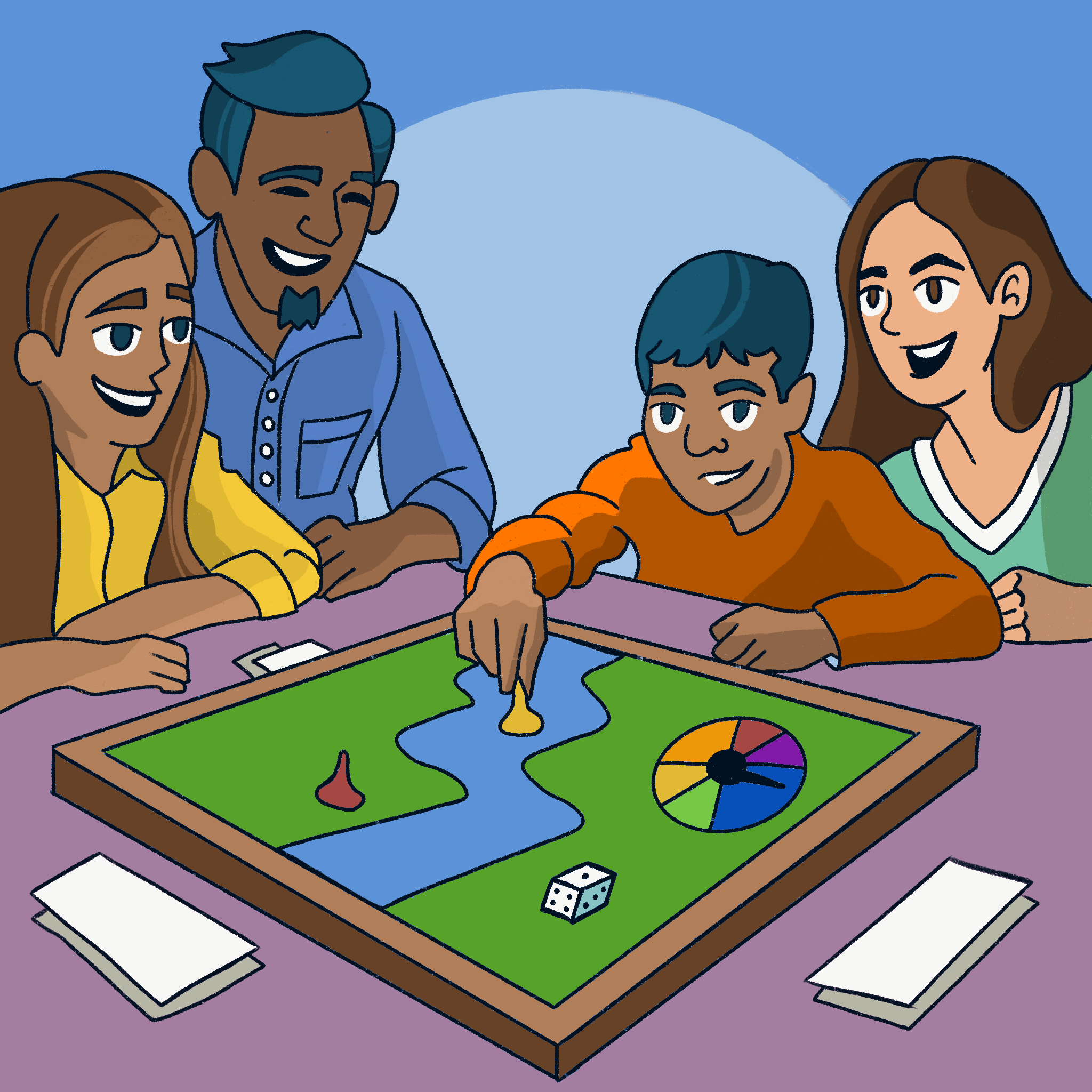
Providers / Settings
What kinds of providers would find this therapeutic intervention (RSB) useful?
Providers who want…
neurodiverse kids to engage in and express more about emotional and social challenges, and to develop more effective strategies to cope.
to use familiar high-interest activities (e.g. Roblox games) to offer kids the opportunity to demonstrate mastery, creativity, cooperative problem-solving and leadership skills.
to harness the strong game-seeking behavior many neurodiverse kids exhibit to develop strategies for social, emotional and executive function skill-building.
In what settings / modalities can RSB be used?
Private and public schools, mental health programs and private practices that offer groups to support kids with social and emotional learning and executive skills.
Potential groups include therapist-led social skill groups, teacher-led executive skill groups, speech and language/occupational therapy-led groups to support social pragmatics and emotional regulation, and after-school therapeutic groups.
RSB can also provide a high interest activity to integrate into social and emotional, and executive skill curriculums.
The Process
Roblox Squad Builders is divided into 3 parts:
1. Facilitator-led group sessions where the group reviews and comments on amusing but realistic social situations that involve core social skills and executive functions. Participants interact with scenarios designed to elicit reflection and discussion, particularly relating to emotional responses (which are typically very difficult for neurodiverse kids to access and reflect upon).
2. Participants play mini-Roblox video games that require them to work together, problem-solve, and communicate while doing so.
3. Group discussion that requires them to transition from a preferred to a non-preferred activity, to self-regulate, and to self-reflect upon their group experience increasing self-awareness regarding group process and individual skill development.
What kinds of providers would find this therapeutic intervention (RSB) useful?
Providers who want…
neurodiverse kids to engage in and express more about emotional and social challenges, and to develop more effective strategies to cope.
to use familiar high-interest activities (e.g. Roblox games) to offer kids the opportunity to demonstrate mastery, creativity, cooperative problem-solving and leadership skills.
to harness the strong game-seeking behavior many neurodiverse kids exhibit to develop strategies for social, emotional and executive function skill-building.
In what settings / modalities can RSB be used?
Private and public schools, mental health programs and private practices that offer groups to support kids with social and emotional learning and executive skills.
Potential groups include therapist-led social skill groups, teacher-led executive skill groups, speech and language/occupational therapy-led groups to support social pragmatics and emotional regulation, and after-school therapeutic groups.
RSB can also provide a high interest activity to integrate into social and emotional, and executive skill curriculums.
The Process
Roblox Squad Builders is divided into 3 parts:
1. Facilitator-led group sessions where the group reviews and comments on amusing but realistic social situations that involve core social skills and executive functions. Participants interact with scenarios designed to elicit reflection and discussion, particularly relating to emotional responses (which are typically very difficult for neurodiverse kids to access and reflect upon).
2. Participants play mini-Roblox video games that require them to work together, problem-solve, and communicate while doing so.
3. Group discussion that requires them to transition from a preferred to a non-preferred activity, to self-regulate, and to self-reflect upon their group experience increasing self-awareness regarding group process and individual skill development.

For Educators
How might the game fit into a classroom or support program?
Intervention can be offered during the school day via a facilitator led elective or social and/or executive skill group, and also as part of an after-school program.
What skills or behaviors does it help with?
Promotes and provides opportunities for practicing conflict resolution, cooperation, and prosocial behavior.
Participants will learn tools to resolve classroom and peer-to-peer conflict.
Is any training or support needed to implement it at school?
Yes, one needs a Roblox account, as well as Zoom or Google Meet, and a facilitator from our team for initial training and implementation.
Parent FAQs
-
Neurodiverse kids often have difficulty expressing emotional insights about themselves and others. Discussing a game protagonist’s behavior uses a familiar game structure to unlock engagement and self-expression for kids that struggle to do so.
Neurodiverse kids often struggle to connect to other kids. The facilitator-led group sessions encourage kids to do so in an emotionally low-risk environment and cooperating on game objectives is a familiar task that facilitators can observe and guide to provide better social outcomes.
Finally, RSB offers kids an opportunity to demonstrate mastery, humor and creativity, particularly in the creative segment of each section. Kids have the opportunity to create areas that demonstrate self-expression in a way that is accessible to parents.
-
The game is designed to be facilitator-led and independent access is not available. Parents may observe a sample session that incorporates real student comments while maintaining student confidentiality to observe and understand what kids do during a session.
-
The game requires supervision and a trained facilitator.
Facilitated by a provider such as a therapist, teacher, special educator, speech and language pathologist, occupational therapist, after-school activity supervisor, etc.
The benefit of the service comes from playing in a group setting.
-
Possible benefits, as all youth are built and operate differently:
Gains in social, emotional, and executive skill development
Boost self-esteem
Increased self-awareness
Increased awareness of learning strengths and needs including hidden talents.




